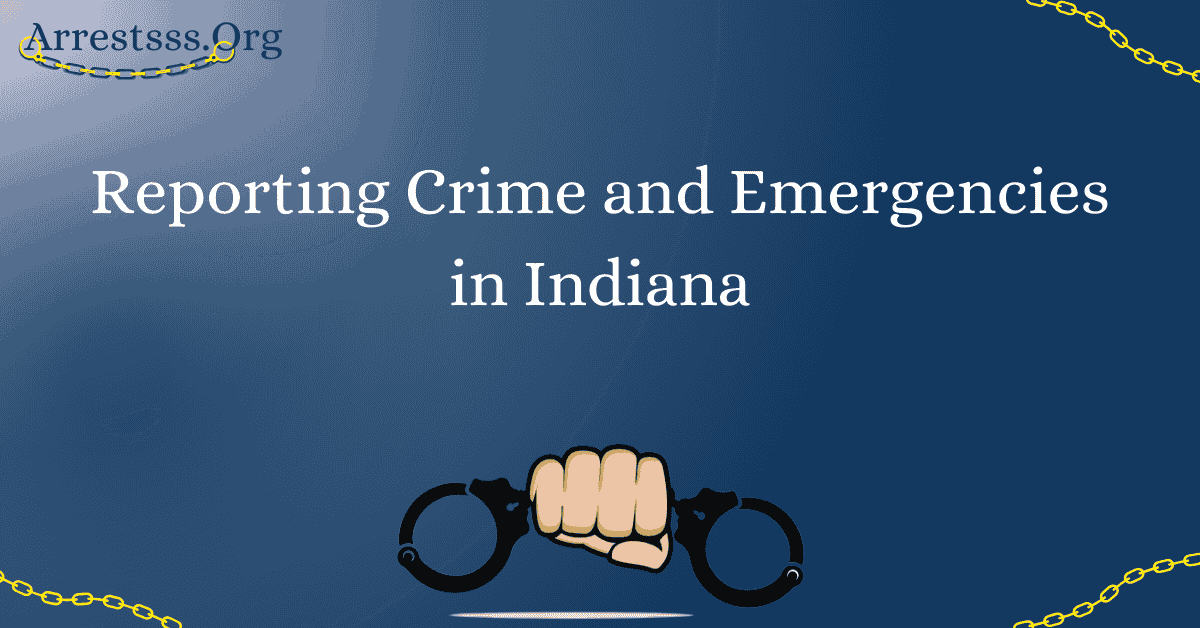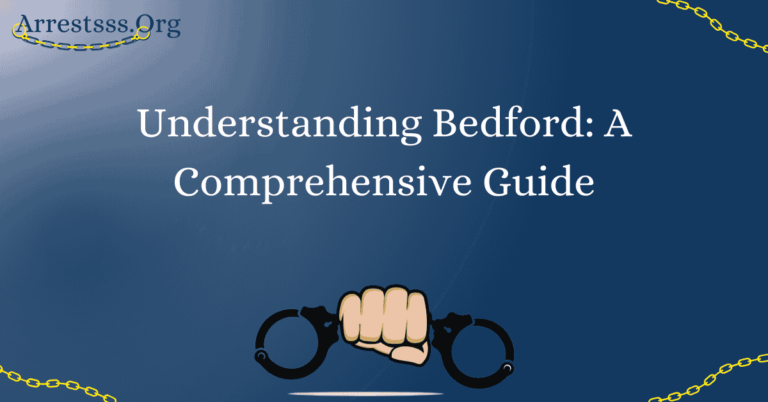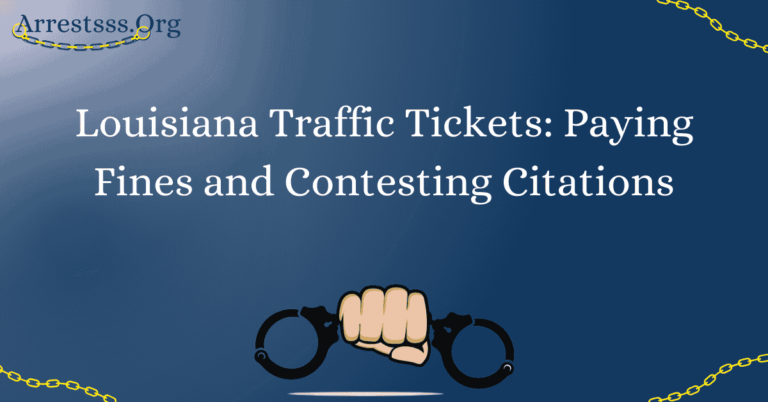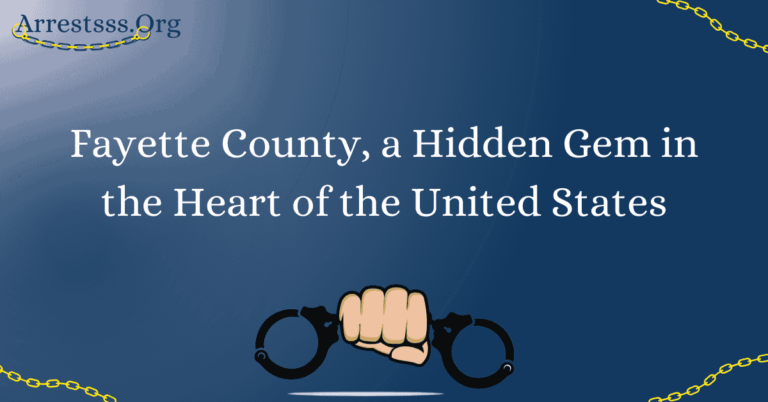Reporting Crime and Emergencies in Indiana

Indiana, known as the “Crossroads of America,” is home to a diverse population and a variety of urban and rural communities. To ensure the safety of its residents and visitors, the state has established a comprehensive system for reporting crimes and accessing emergency services. In this guide, we’ll provide you with a detailed overview of these critical procedures and resources available in Indiana.
Reporting a Crime in Indiana
Reporting a crime is crucial for maintaining law and order in any community. In Indiana, citizens have several options:
Dial 911: For immediate emergencies, dialing 911 connects you to the appropriate services, whether it’s the police, fire department, or medical assistance. When calling 911, be sure to provide detailed information about your location and the situation.
Non-Emergency Police Line: For non-emergency situations that still require police assistance, you can contact your local police department directly using their non-emergency phone number. Each county in Indiana has its own police department, and their contact information is readily available online or in local directories.
Anonymous Tip Lines: Many communities in Indiana offer anonymous tip lines or online reporting systems. These platforms allow you to report suspicious activity or provide information about crimes without disclosing your identity. Your tips can be instrumental in helping law enforcement solve crimes and maintain community safety.
Emergency Services in Indiana
Indiana provides a range of emergency services, including:
Police Services: Indiana’s police departments are well-equipped to handle various emergencies, from criminal incidents to traffic accidents. They play a crucial role in ensuring public safety.
Fire Departments: Firefighters in Indiana are highly trained professionals who respond to fires, medical emergencies, and other hazardous situations. Knowing how to contact your local fire department is essential.
Medical Services: Quick access to medical assistance during emergencies can be life-saving. Understanding how to reach medical services, including ambulances and hospitals, is crucial for your safety and the safety of others.
Search and Rescue Teams: Indiana also has search and rescue teams that specialize in locating and rescuing individuals in distress, especially in wilderness and remote areas.
Community Resources
In addition to official emergency services, Indiana communities often have local resources and organizations that provide support during crises. These resources may include:
Neighborhood Watch Programs: These community-based initiatives help residents work together to prevent crime and enhance safety in their neighborhoods.
Disaster Relief Organizations: Various organizations in Indiana focus on disaster relief efforts, providing aid and support to those affected by natural disasters and other emergencies.
Local Shelters: Knowing the locations of local shelters can be vital during extreme weather events or other situations that necessitate temporary refuge.
Legal Obligations
In certain situations, individuals in Indiana may have a legal duty to report specific crimes or emergencies. Failing to do so can lead to serious consequences. It’s essential to understand these legal requirements to ensure compliance with the law.
Staying Safe
Lastly, we’ll provide valuable tips and advice on how to stay safe in various situations. This includes guidance on personal safety, emergency preparedness, and knowing when and how to intervene or assist others during critical moments.
FAQs
How do I report a non-emergency situation in Indiana?
To report a non-emergency situation in Indiana, you can contact your local police department directly using their non-emergency phone number. This information is typically available online or in local directories.
What should I do if I witness a crime in progress in Indiana?
If you witness a crime in progress in Indiana, immediately dial 911 to report the emergency. Provide as much information as possible, including your location and details about the situation.
Are there any legal obligations to report crimes or emergencies in Indiana?
Yes, in certain situations, individuals in Indiana may be legally obligated to report specific crimes or emergencies. Understanding these legal requirements is essential to avoid potential legal consequences.
What community resources are available in Indiana during emergencies?
Indiana communities often have resources like Neighborhood Watch Programs, Disaster Relief Organizations, and local shelters that provide support during emergencies. Check with your local community for specific resources available in your area.
How can I stay informed and prepared for emergencies in Indiana?
Staying informed and prepared for emergencies in Indiana involves staying updated on local emergency plans and having an emergency kit ready. Additionally, consider enrolling in emergency notification systems provided by your county or municipality.






